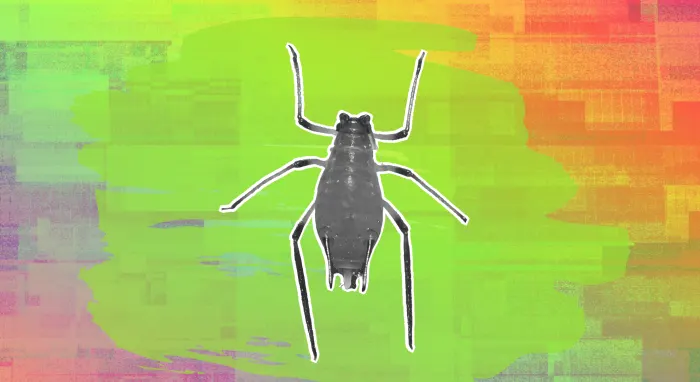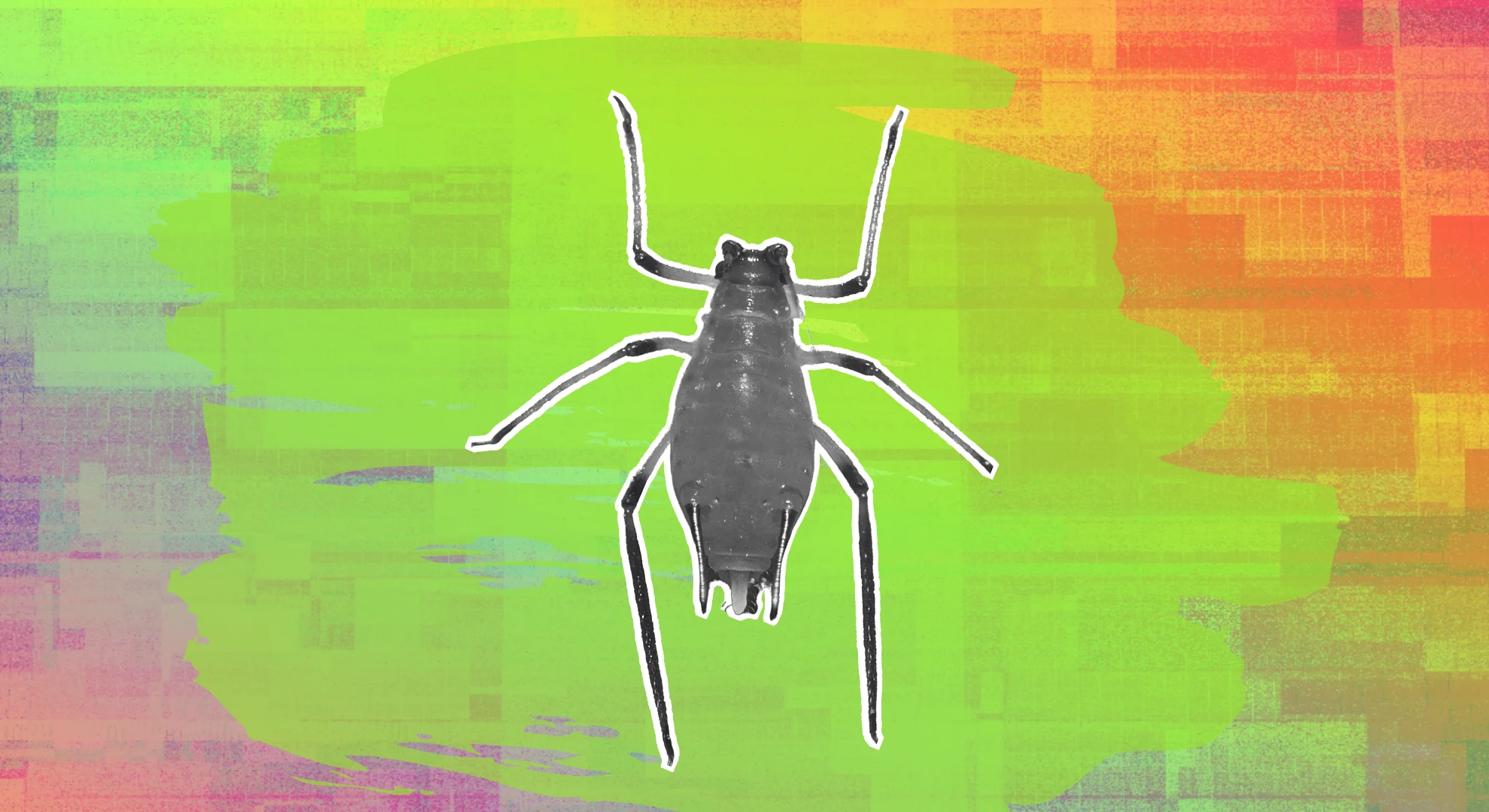
Scientists develop 'fear in a bottle' to ward off crop-eating insects
The findings could lead to a sustainable way to protect crops.
Bugs are becoming increasingly resistant to traditional pesticides, prompting scientists to look for more natural ways to deter them.
Drs. Sara Hermann and Jessica Kansman of Pennsylvania State University say they are attempting to develop "fear in a bottle" -- a natural way to repel crop-eating insects without the use of harsh chemicals.
"In the lab, we're really excited to understand how the fear of being eaten can influence the physiology of ... insects," Dr. Kasman said in a video presentation on the findings.
"Can we manipulate that fear response, similar to how we use scarecrows to elicit fear and avoidance in birds?"
Predator insects, like ladybugs, that feed on plant-eating insects, like aphids, emit an odour the aphids can sense, letting them know danger is near.
In the lab, aphids were monitored to see which ladybug compounds they responded to using an electroantennogram machine. The strength of their reactions were also recorded.

File photo of an aphid in southern Ontario. Created for The Weather Network by Cheryl Santa Maria using public domain images and vectors. (Wikipedant/Wikipedia) CC-BY-SA 4.0
"Of the many compounds emitted by ladybugs, aphids had the strongest response to methoxypyrazines, such as isopropyl methoxypyrazine, isobutyl methoxypyrazine, and sec-butyl methoxypyrazine," the researchers said in a statement.
"Once the compounds were identified, Hermann and team set out to create a special odour blend that can be used in an essential oil diffuser that will spread the scent over time across a garden or field."
The team plans to conduct field tests to see if their lab observations match up in the real world.
They are also working with a manufacturing company to create special diffusers for commercial use by farmers and gardeners.











